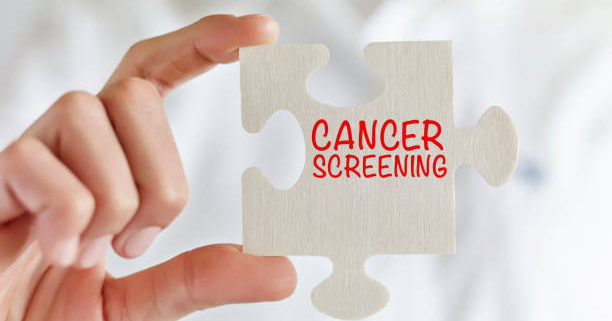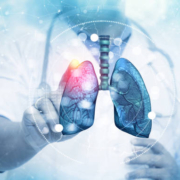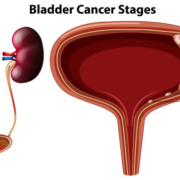Cancer screening is a proactive approach to healthcare, empowering you to take control of your well-being. It involves a series of tests designed to detect cancerous cells or precancerous abnormalities before they develop into full-blown cancer and cause symptoms. Early detection is crucial in the fight against cancer, significantly increasing the chances of successful treatment and improving overall survival rates.
Advantages of Early Detection
- Enhanced Treatment Options: When cancer is caught in its early stages, it’s often confined to a smaller area, making it more susceptible to complete removal through surgery or targeted treatment with radiation or medication. Early diagnosis allows doctors to employ less aggressive and more effective treatment plans, minimizing side effects and improving the patient’s quality of life.
- Improved Survival Rates: Studies have consistently shown a clear correlation between early detection and increased survival rates. Early-stage cancers often respond well to treatment, leading to a higher cure rate and a longer lifespan for patients.
- Reduced Treatment Burden: Early intervention can significantly lessen the intensity and duration of treatment needed. This translates to a potential decrease in the financial burden associated with cancer care, as well as a reduction in the physical and emotional toll that extensive treatment can take on patients.
- Minimizing Symptom Experience: Cancerous growths often cause a variety of unpleasant symptoms as they progress. Early detection allows for intervention before these symptoms manifest, sparing individuals from the physical and emotional distress associated with advanced cancer.
Why Early Detection is Worth It?
The fear of a positive test result can be a significant deterrent for some individuals when it comes to cancer screening. However, it’s crucial to understand that ignoring the possibility of cancer doesn’t make it disappear. Early detection is the key to effectively combating the disease and achieving a positive outcome.
A positive screening result can be unsettling, but it also empowers you to take immediate action. Early diagnosis allows for prompt treatment, potentially eradicating the cancer before it spreads and significantly improving your chances of a full recovery. Even if the result is negative, the peace of mind and reassurance gained from knowing your health status are invaluable.
A Spectrum of Screening Techniques
The landscape of cancer screening encompasses a variety of tests, each tailored to detect specific types of cancer. Here’s an overview of some commonly used methods:
Laboratory Tests:
- Blood Tests: Certain blood tests can identify markers suggestive of cancer, although they may not be definitive for diagnosis.
- Oral Cancer Screening Tests: These tests may involve visual inspection of the mouth and throat or the use of special rinses or lights to detect abnormalities.
- Urine Tests: In some cases, urine tests can be used to screen for specific cancers, such as bladder cancer.
- Tissue Samples: Biopsies involving the removal of a small sample of tissue for microscopic examination can definitively diagnose cancer.
- Hormone Testing: Imbalances in hormone levels may be indicative of certain cancers, prompting further investigation.
Physical Exams and History Analysis:
A thorough physical examination often includes a visual inspection for lumps or other abnormalities. Additionally, your doctor will discuss your personal medical history and any relevant family history of cancer, which can help identify individuals at higher risk.
Genetic Testing: For individuals with a strong family history of certain cancers, genetic testing may be recommended to identify mutations that increase the risk. This allows for more targeted screening and early intervention.
Imaging Procedures: Imaging techniques like X-rays, mammograms, CT scans, and MRIs can create pictures of internal organs and tissues, potentially revealing suspicious abnormalities that warrant further investigation.
The Importance of Individualized Screening
The recommended screening tests and frequency of testing will vary depending on several factors, including your age, gender, family history, and overall health. It’s critical to discuss your risk profile with your doctor at Ayushman Hospital and Health Services to determine the most appropriate screening plan for you. Detecting cancer early is a potent weapon in the battle against this disease. By understanding the benefits of screening and overcoming the fear of a positive result, you can take charge of your health and potentially save your life.












